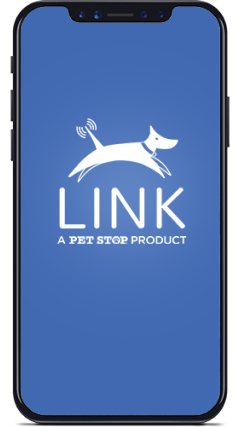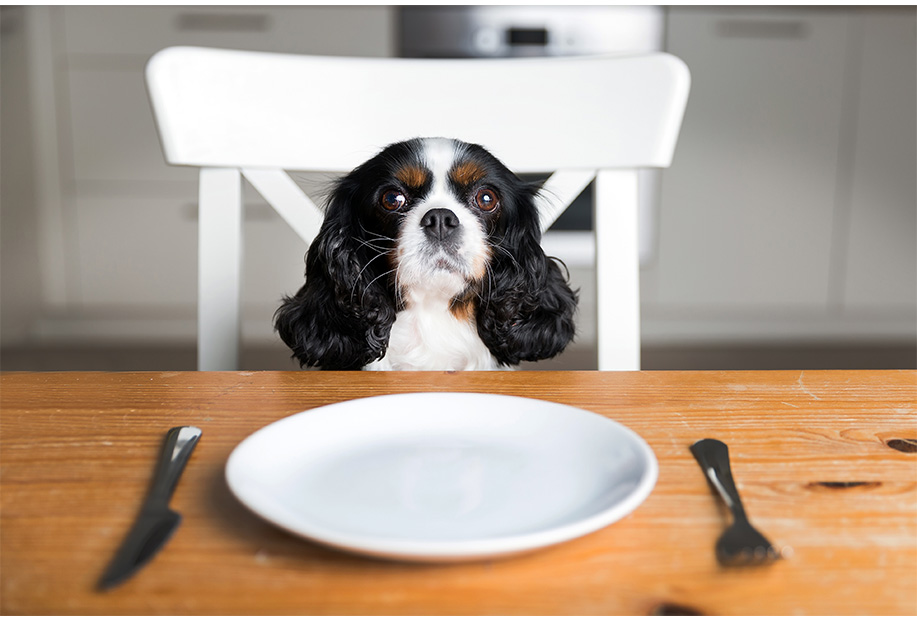Trusted Insights from Your Dog Fence Experts
Like you, we love dogs and love sharing insight from our decades of experience keeping pets safe and happy!
 Pet Stop
Pet Stop Get a Free Quote
Connect with Your Local Pet Safety Experts at Pet Stop. Visit, call, or
chat with us – we’re here to help you create the ultimate safe haven for your pet.
Get a Free quote
Name *
Zip code where new fence is required *
Preferred contact method *
Phone Number to Call/Text *
Address *
This site is protected by reCAPTCHA and the Google
Privacy Policy and
Terms of Service apply.
Stay Connected, Stay in Control
Brief introduction to the OT-300, highlighting remote control, real-time notifications, and easy setup through the Pet Stop Link App.
Download the App
